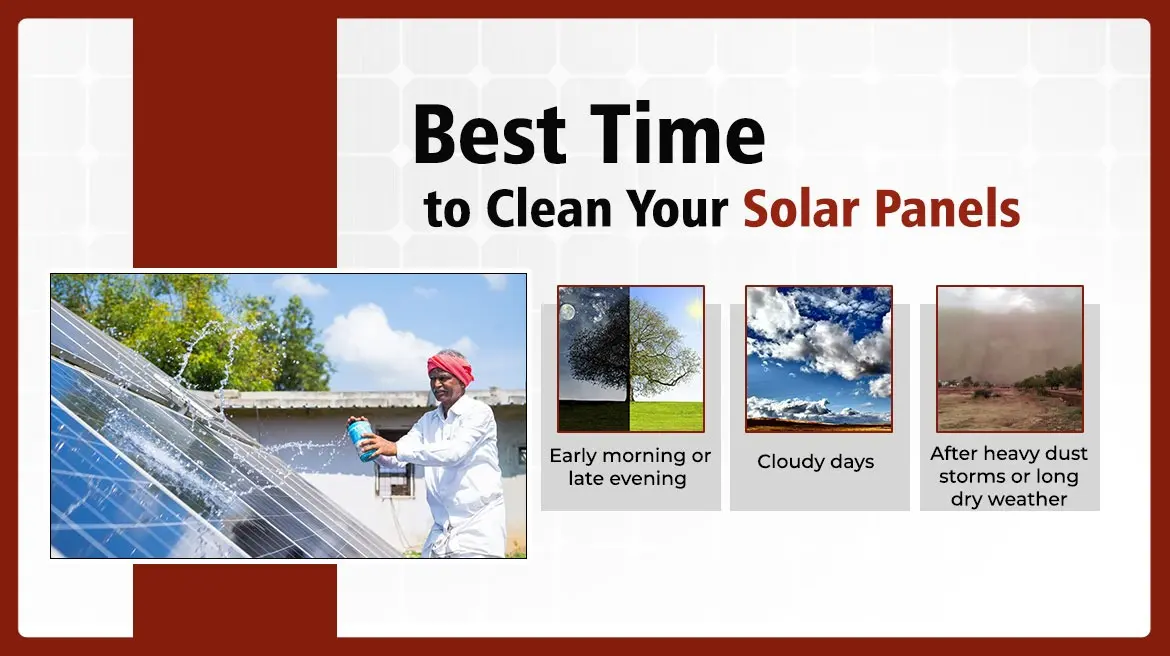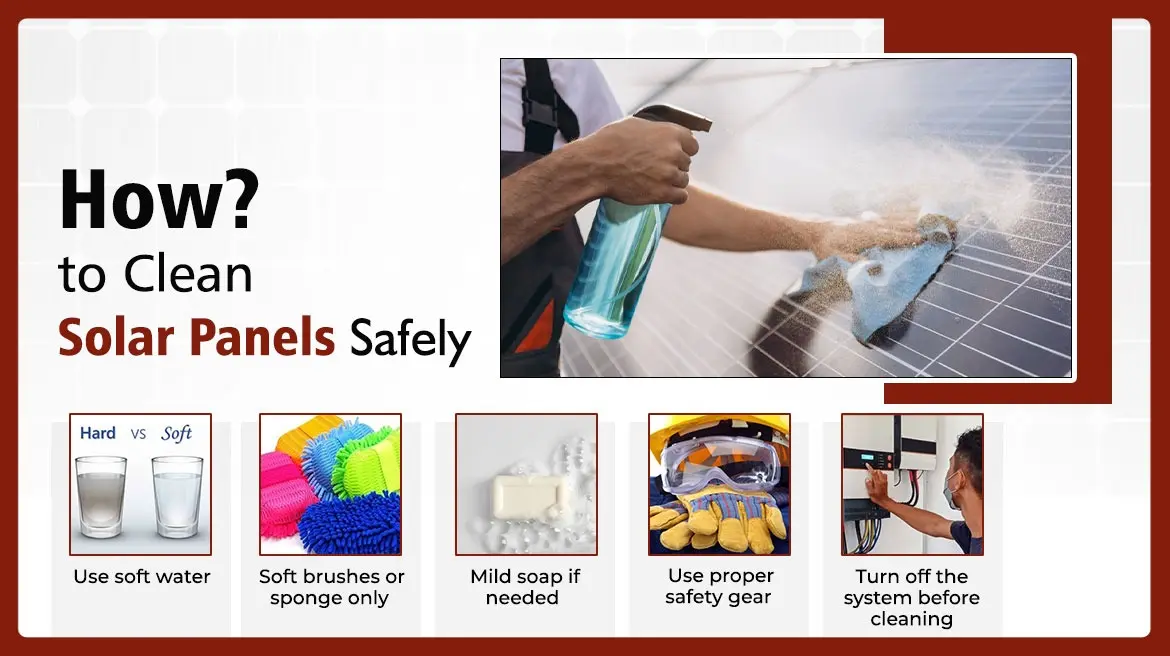Solar and Photovoltaic Panel Cleaning
Solar energy is one of the best ways to produce clean and green electricity. But just like any outdoor surface, solar panels also collect dust, dirt, bird droppings, and pollution. And when that happens, they can’t absorb sunlight properly — which means they generate less power.
This blog is about how cleaning your solar and photovoltaic (PV) panels the right way can help keep them efficient and long-lasting. We’ll keep it super simple and useful, like a guide written by someone who’s been there, done that.
Why Clean Solar Panels at All?
Think of solar panels like windows — the cleaner they are, the more sunlight they let in. When dust and grime cover the surface, it blocks light and reduces energy output. Here’s what dirty panels can lead to:
- Lower power generation (sometimes by up to 20–30%)
- Shorter panel life
- Damage to the surface over time
- Increased energy bills for large-scale users
Regular cleaning is a simple solution to avoid all these issues. And for bigger solar projects, this small step can mean big savings.
Common Reasons Panels Get Dirty
- Dust and soil (especially in dry regions)
- Bird droppings
- Pollen and leaves
- Industrial pollution
- Hard water stains after rain
Even if your panels look fine from a distance, a layer of film or dirt can still block efficiency. This film often builds up slowly, making it hard to notice the drop in output right away.
Best Time to Clean Your Solar Panels

When it comes to cleaning, timing matters:
- Early morning or late evening – The panels are cool, and there’s no harsh sunlight.
- Cloudy days – Easier to clean without water drying too quickly.
- After heavy dust storms or long dry weather – Great time to remove built-up grime.
How Often Should You Clean Them?
Cleaning schedules depend on your environment:
- Residential rooftop systems: Once every 3–4 months
- Commercial and industrial systems: Every 1–2 months
- Dusty or polluted areas: Possibly every month
Farm areas, desert regions, and buildings near roads or factories may need more frequent checks.
Some solar farms also use automated cleaning systems with water-saving tech to clean panels without manual effort.
Also Read: Which Solar Panel is Best For Homes
How to Clean Solar Panels Safely

Cleaning your panels is not hard, but it must be done carefully:
-
Use soft water – Hard water can leave stains.
-
Soft brushes or sponge only – Avoid anything sharp or abrasive.
-
Mild soap if needed – Stay away from harsh chemicals.
-
Turn off the system before cleaning – Safety is key.
-
Use proper safety gear – Especially if climbing or reaching high places.
Also, never clean hot panels — sudden cooling from water can crack the glass. If your panels are on the roof and not easily reachable, it’s smarter to hire a cleaning service.
What to Avoid While Cleaning
- Pressure washers – Too strong and can damage the panels.
- Metal tools – Can scratch the surface permanently.
- Window cleaners or alcohol-based sprays – Might damage the anti-reflective coating.
Simple tools, gentle water, and safe steps go a long way in protecting your investment.
Also Read: Difference Between Photovoltaic and Solar Panels
Signs Your Solar Panels Need Cleaning
- Sudden drop in energy output
- Visible dirt or stains
- Leaves or bird droppings covering part of the panel
- Inverter warning signs (in some systems)
A quick check once a month helps catch issues early.
Also Read: Which is the Best Solar Panel in India
KLK Ventures’ Role in Solar Panel Efficiency
KLK Ventures is committed to supporting clean energy adoption across India. One of the ways we do that is through expert cleaning and maintenance of solar and PV systems. Our trained teams handle:
- Regular industrial solar panel cleaning
- On-site safety checks
- Water-conserving cleaning solutions
- Inspection and reporting for better performance
We work with rooftop setups, factories, and solar farms to make sure that their systems stay in top condition year-round.
FAQs
Q: Can I use pressure water to clean my panels?
A: Not recommended — it can crack the glass or loosen wiring.
Q: Does rain clean the panels enough?
A: Sometimes, but not always. Rain can leave spots, and it doesn’t remove heavy dirt.
Q: How do I know if my panels are dirty?
A: You might notice lower electricity output. A quick visual check can help too.
Q: Can dirty panels damage the system?
A: Yes, in the long run. Dirt can create hot spots that reduce panel life.
Q: Should I hire a cleaning service?
A: Yes, especially for bigger installations. It’s safer and more effective.
Q: How much energy can I lose if I don’t clean my panels?
A: Depending on the dust level, it could be 5–30% of output loss.
Q: What’s the best time of year for a deep clean?
A: After the dry season or before the peak summer months is ideal.
Conclusion
Cleaning your solar panels isn’t just a task — it’s an essential part of solar maintenance. Dirt and dust may seem small, but they make a big difference in how much power your system can produce.
By following simple cleaning practices and regular checks, you can make sure your panels last longer and save more money. KLK Ventures supports clean energy across India by making sure solar systems stay clean, efficient, and fully functional.
If you own or manage a solar system, regular cleaning is not just helpful — it’s necessary. Clean panels = clean power.
